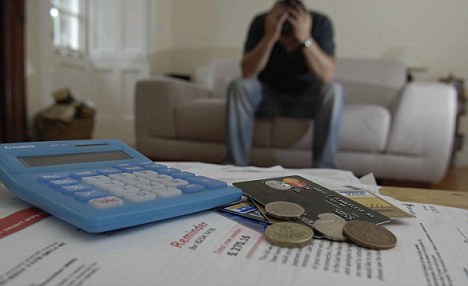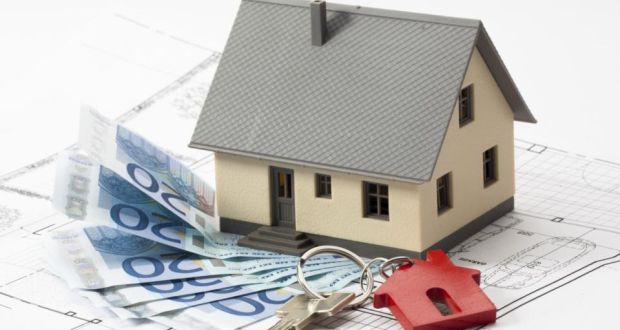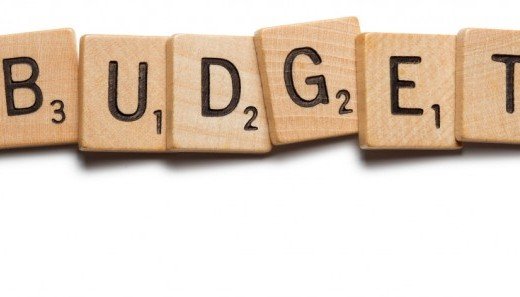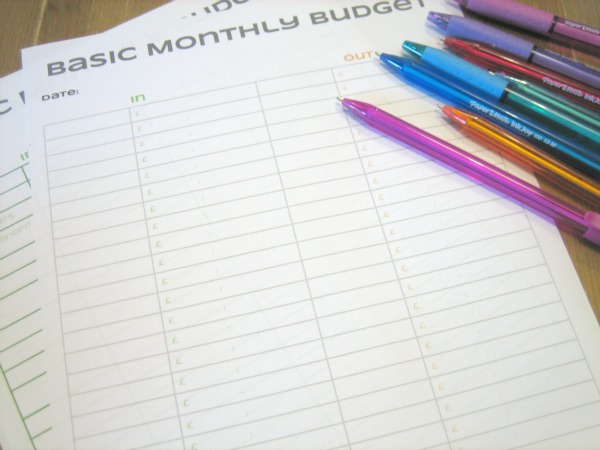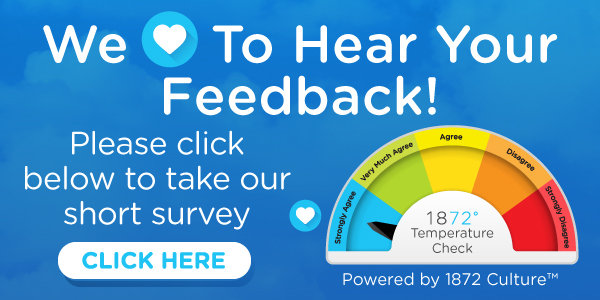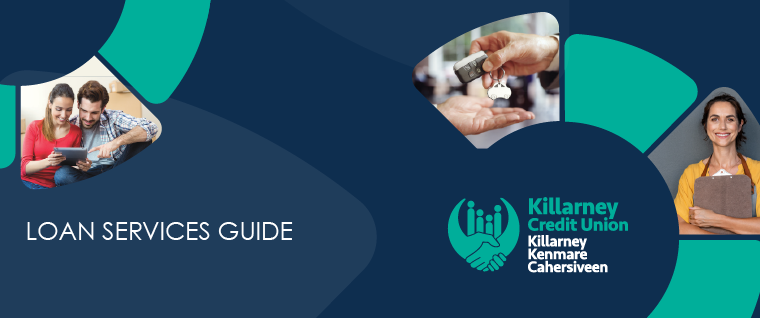Arrears FAQ
Frequently Asked Questions

Q) What are Arrears? There are two types of arrears, interest arrears and principle arrears.
Interest arrears is the amount of interest that has built up on your account since your last payment. Interest is accrued daily based on the loan balance. When a payment is missed, interest continues to accrue on the loan balance until the next payment is made. Where interest has accrued longer than the agreed repayment term, this is referred to as interest arrears.
Principle arrears When a loan is drawn down, the amount borrowed, interest rate, term and agreed level of payments are used to generate an “amortisation table”. This is effectively a plan as to how the loan is intended to be paid. When payments are missed the actual balance falls behind the point where the balance had “planned” to be at this point in the loan. This is referred to as principle arrears.
Q) I am paying my loan but the balance isn’t reducing? If you miss payments as per your agreement, interest will continue to accrue. That may lead to the interest figure growing to an amount that is greater than your repayment amount. When this occurs, your next payment will be applied against interest first. Once all interest arrears have been cleared the principle loan balance will reduce.
Q) Why are my arrears not reducing even though I am paying my loan every week as per my agreement? Arrears are the difference between where the loan balance should be and where it is. They have occurred because a repayment (repayments) have been missed. These missed payments have caused the arrears gap to be created. On resuming payments, a member can stop the gap growing, but the loan will still be in arrears. The only way to reduce the arrears is to increase your repayment to more than the amount originally agreed (gradually reduce arrears over time) or pay an amount equivalent to the missed payment together with any additional interest arrears (clear loan arrears in full)
Q) How much do I owe? Each time you transact with the credit union you receive a statement. The statement will contain the Loan Balance (Principle amount owed), the Interest balance outstanding (if applicable), and will show arrears or prepayments if applicable (prepayments are shown as arrears but are negative to reflect ‘negative arrears’). If you add the Loan balance plus the amount of interest outstanding you will get the total amount owed by you to the Credit Union.
Q) How do missed payments affect my Credit Rating? As part of the Loan application process, Killarney Credit Union seek consent from members to access the Irish Credit Bureau for information relating to their credit history. As part of this consent members authorise us to share information about your loan with the bureau if it is granted. This information included the amount borrowed, and the up to date balance each month. When a loan falls into arrears this is reported to the ICB and a record of the arrears will appear on your Credit History for a period of 24 months after they are cleared.
Q) What should I do if my circumstances change and I can’t afford my loan? Communication is key! We can only help if members engage, so if you find your circumstance have changed, and you are struggling to make the payments, call the Credit Control Department and they will review your updated circumstances and explain the options available.
Q) I was unemployed and haven’t paid my loan for a few months. If I return to repaying my loan will I be able to borrow from the credit union again in the future? The credit union is a community based organisation, and decisions on underwriting are made locally. Our underwriting criteria places the most emphasis on ability and willingness to repay. If you return to repaying your loan when your circumstances change for the better, it is this fact that will be remembered from your period with the credit control department. You will not be assessed based on missed payments when your circumstances deteriorated, you will be assessed on how you engaged and cooperated with the credit control process.
Q) What happens next? Make an appointment to meet with somebody from our Credit Control Department on 064 663 1344. We will assist you in completing the household budget if you are having trouble doing so and we may identify areas in which savings could be made. We will consider whether the changed circumstances are temporary or permanent in nature and will provide the appropriate options that are applicable to you.
Download the household budget form. This form will help members summarise their income and expenditure, their assets and liabilities. The summary gives a list of most of the common expenditures that members will have and need to prioritise. All figures should be brought to monthly equivalents (i.e. if your wages are weekly: Multiply by 52 and divide by 12 to get monthly figure). Only once you understand what you spend your money on can you prioritise and ensure that the important bills are met.






